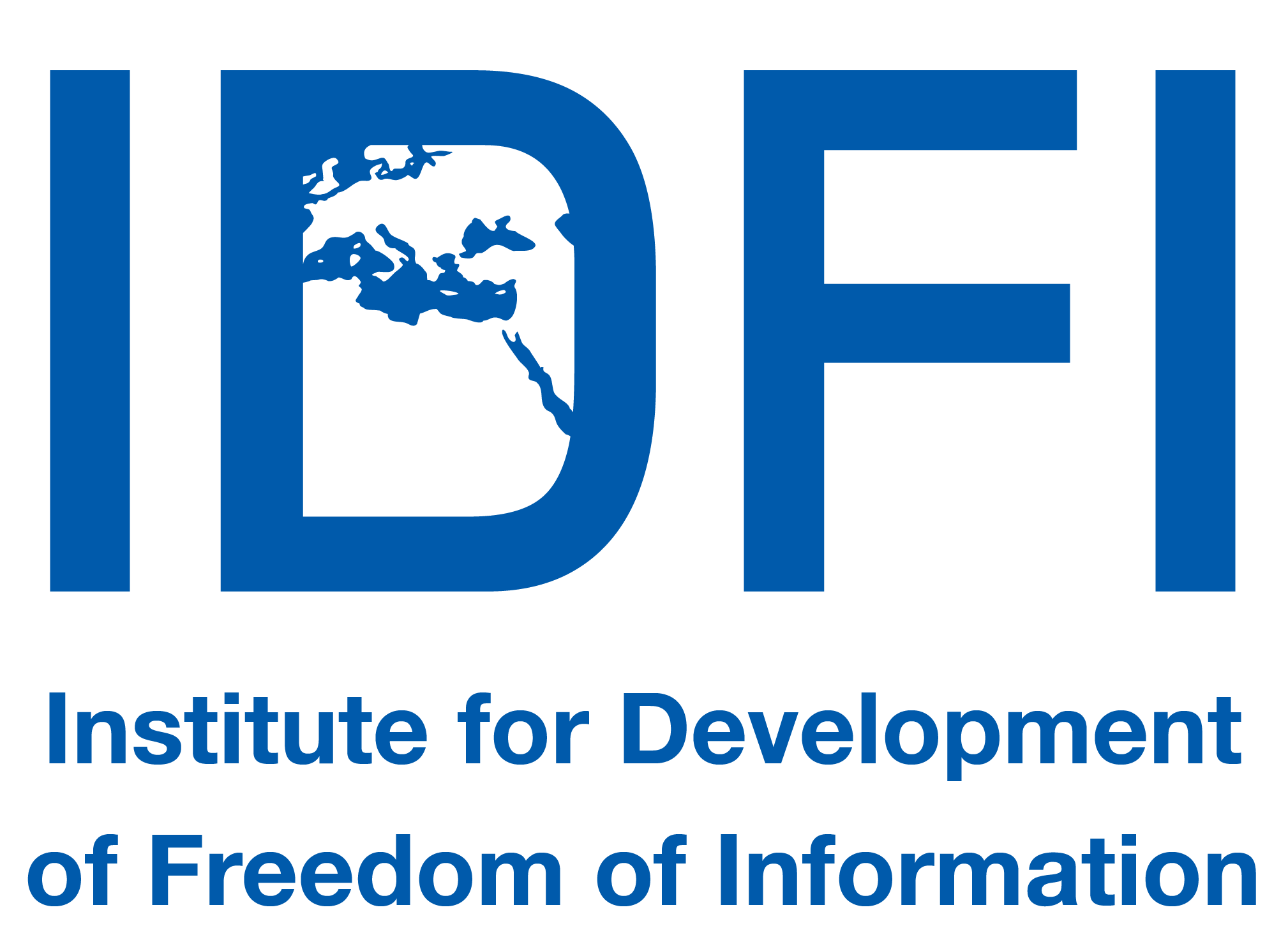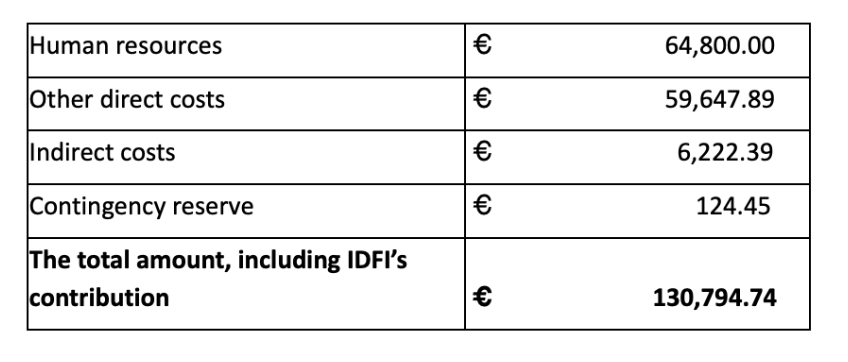

Project Title: Core Support
Supported by: The Swedish International Development Cooperation Agency (Sida)
Grant Number: No. 16488
Budget: SEK 16, 500, 000 (Swedish kronor)
Duration: July 1, 2023 - June 30, 2026
Objectives of the Core Activities
The goal of the project is to promote the Euro-Atlantic integration of the state, fight against corruption, improve the transparency and accountability of public institutions, increase citizen engagement in decision-making processes,promote the independence and impartiality of democratic institutions, achieve higher standards of rule of law, promoting inclusive economic policies, facilitating the democratic decentralization and the democratic transition processes, studying and analyzing Soviet past and countering disinformation, upholding media and human rights, and promoting innovations to solve outstanding problems.
Project Summary
Georgia has seen overall progress in building democratic institutions, developing good governance, transparency, and accountability principles and improving the effectiveness and fairness of governance over the past decades. These processes, however, have notably slowed down due to a number of reasons. The country is currently facing serious challenges, such as informal governance, unbalanced concentration of power, lack of judicial independence, high-level corruption, and lack of political will to continue with important reforms. In addition, political and economic pressure from the Russian Federation has a negative influence on Georgian democracy. Russian aggression in Ukraine had an impact on the region, as well as on Georgia’s political, economic, and international relations.
The named challenges reveal the clear necessity for civil society to support Georgia's democratic and pro-Western development and Georgia's Euro-Atlantic integration within its competence so that the state can make the most of the window of opportunity. Having 14 years of experience improving the democratic process, promoting the principles of good governance, and successfully advocating structural and legislative reforms/changes, IDFI intends to counteract the existing challenges facing democracy and good governance in Georgia through evidence-based research, monitoring, and advocacy. More specifically, IDFI will work on the implementation of the EU requirements in various fields, towards key objectives of combating corruption, improving transparency of public institutions, increasing citizen engagement in decision-making processes, achieving higher standards of rule of law, promoting more inclusive economic policies, facilitating democratic decentralization and democratic transition processes, upholding media and human rights, and promoting innovations to solve outstanding problems.
To achieve these objectives, IDFI will work with all relevant public, private, and civil society stakeholders. The organization will also make active use of various local, national, and international networks and platforms in order to achieve positive change in target areas. Finally, special attention will be paid to achieving results at scale, by engaging important cross-cutting issues such as inclusion, education, the environment, and gender. The organization will focus especially on monitoring and watchdog projects and activities in Georgia and developing, consultancy, and capacity-building projects in the region and globally.
Budget
Contract








